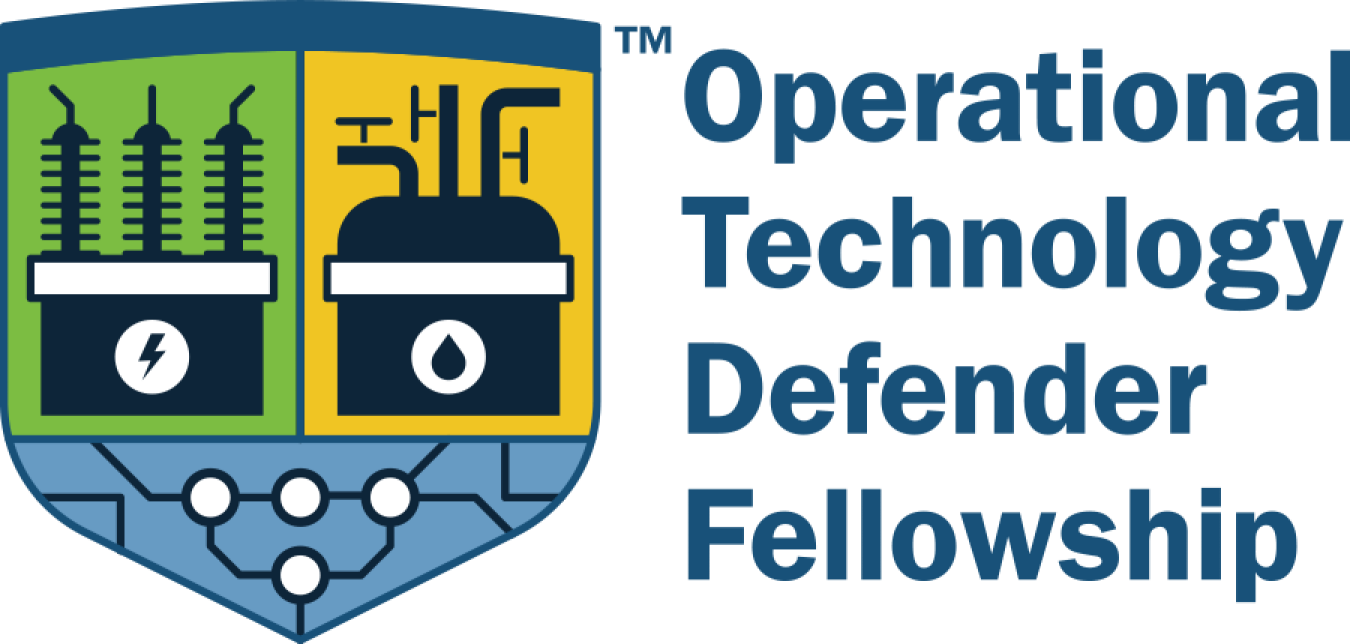Every day, cybersecurity leaders defend critical energy infrastructure against ubiquitous cyber threats and cyber-enabled sabotage.
Office of Cybersecurity, Energy Security, and Emergency Response
September 19, 2024
Every day, cybersecurity leaders defend critical energy infrastructure against ubiquitous cyber threats and cyber-enabled sabotage. Criminal hackers and America’s nation-state adversaries have demonstrated their intent to undermine U.S. national security and disrupt economic productivity, but these security leaders stand in the breach.
As recently as four years ago, however, the U.S. government had few mechanisms to share information and exchange ideas with leaders responsible for the security of the devices and systems controlling electricity generation, natural gas processing, oil refining, and the many other critical functions that energy infrastructure asset-owners and operators provide on a daily basis. The U.S. Department of Energy’s (DOE) Office of Cybersecurity, Energy Security, and Emergency Response (CESER) created the Operational Technology (OT) Defender Fellowship to begin to address this gap.
Now in its fourth year, the Fellowship has provided opportunities for industry participants to hear from senior leaders and subject matter experts from across the federal government and has also enabled Fellows to contribute their own insights to government cybersecurity efforts. As one participant commented, “This program builds bridges and gets OT Defenders in front of policy makers in new ways.” Over the course of the year, Fellows engage with subject matter experts from DOE, Office of the National Cyber Director, National Security Agency, Cybersecurity and Infrastructure Security Agency (CISA), Transportation Security Administration, Federal Bureau of Investigation (FBI), and the U.S. Secret Service.
While the bidirectional exchange is valuable, participants and their companies gain an even higher return on investment from the discussions and practical, technical advice they share with one another. One fellow noted, “Having a cohort of people in similar positions gives me a group to poll about ‘how are you handling X?’ or ‘have you seen Y?’” Another similarly said, “I knew that I was kind of in my own little [company] bubble, and I wanted to be able to connect with others and compare notes. That's been immensely beneficial.”
If the discussions and information exchange endured only during the Fellowship year, the program could not hope to make as meaningful long-term contribution to collective cybersecurity advancement. The Fellows themselves have led the charge to expand the alumni program, complementing an annual gathering at a national lab with monthly, virtual discussion series with the goal of identifying best practices on issues ranging from asset management to detection of malicious, persistent threat campaigns like Volt Typhoon.
Earlier this spring, CESER launched the fourth cohort with briefings and trainings at the Idaho National Laboratory. Hailing from across the country and representing all parts of energy sector, the 2024 Cohort has picked up right where 2023 left off, pushing for deeper discussion, more meaningful exchanges, and operationalized collaboration between government and industry experts and across the sector.
CESER recently released a series of reports detailing the observations, insights, and lessons learned over the past three years. To read the executive summary and the full reports please visit https://www.energy.gov/ceser/ceser-exercise-library.
For more information about the Operational Technology Defender Fellowship, please visit https://otdefender.inl.gov/.

